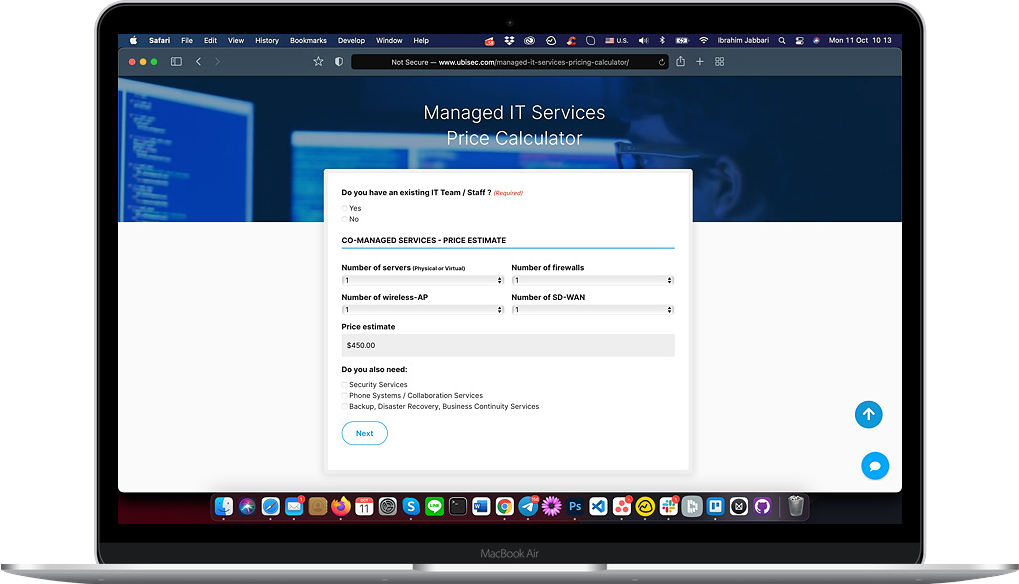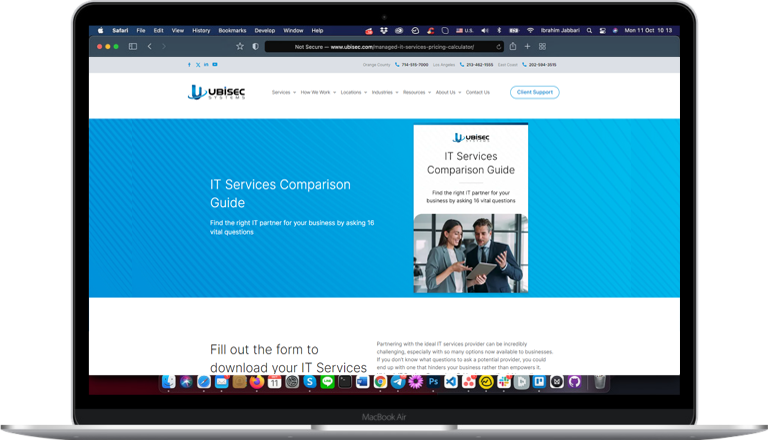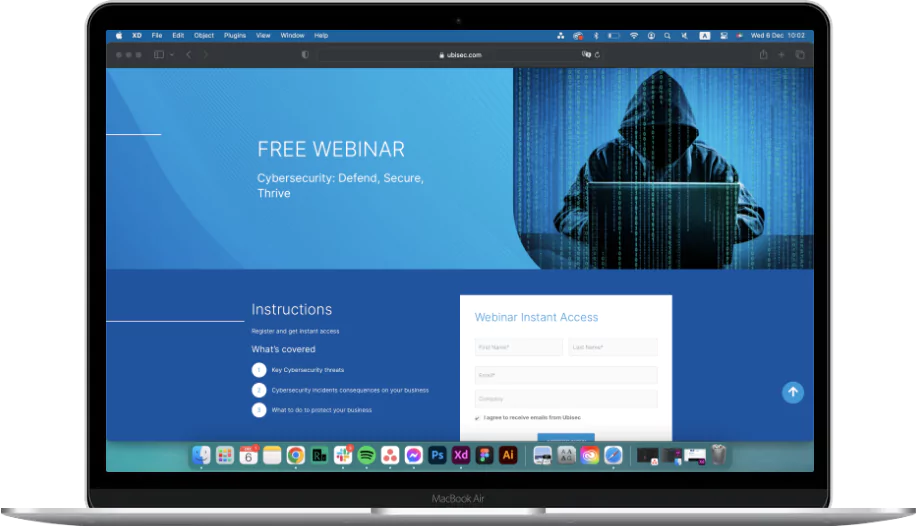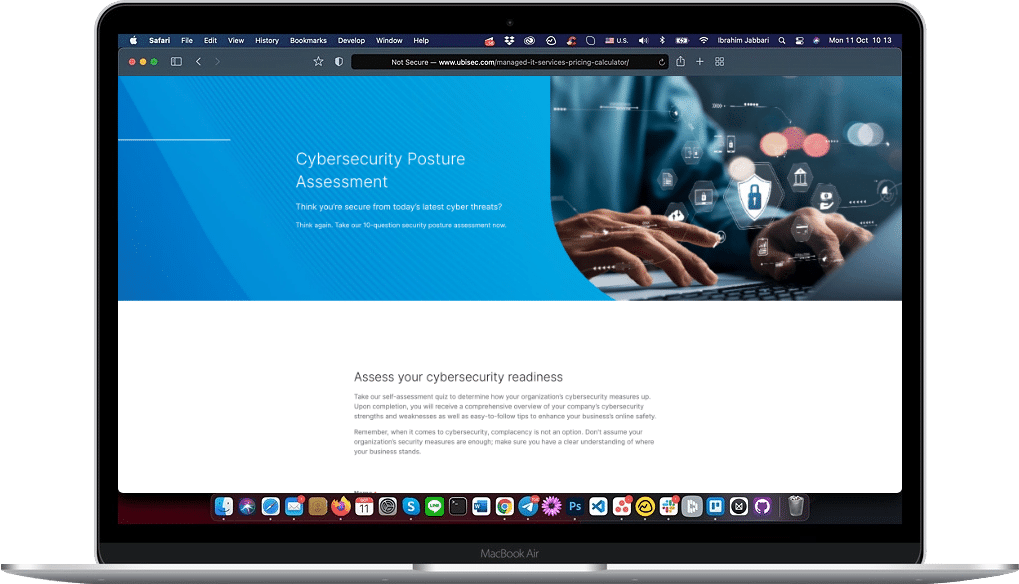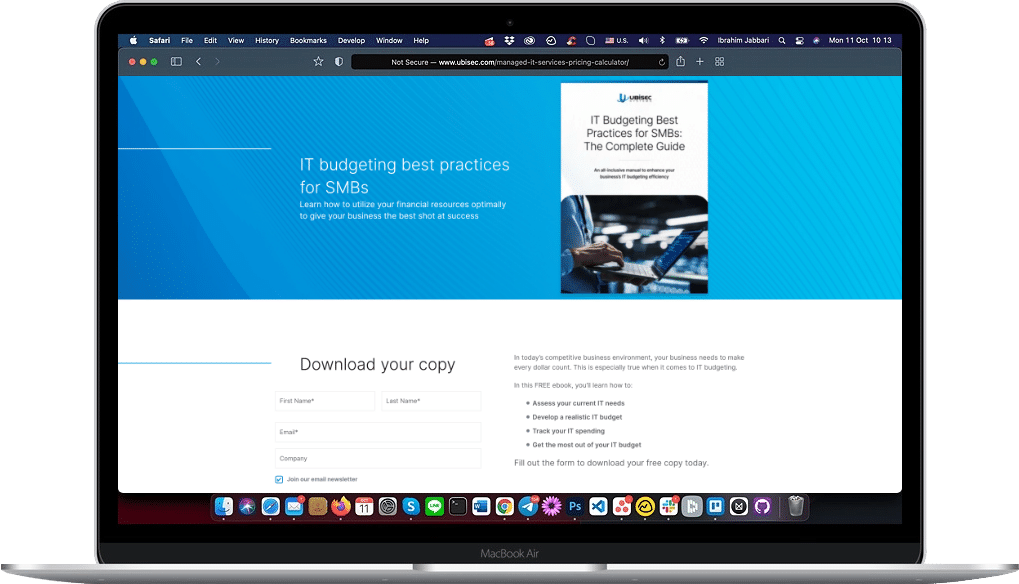In today’s rapidly evolving business environment, having a solid and efficient IT infrastructure is essential for success. However, handling IT in-house can be challenging, particularly for small businesses with restricted resources. This is where IT outsourcing becomes valuable. By partnering with a reliable IT service provider, small businesses can access expert support and advanced technologies without the overhead of maintaining an in-house team. In this comprehensive guide, we’ll explore when to consider IT outsourcing, the various services you can outsource, the differences between full and partial outsourcing, critical considerations before leaping, and how to find a reliable IT outsourcing partner.
When to Consider IT Outsourcing
Your internal IT team shows signs of being stretched thin.
When your internal IT team constantly battles downtime, experiences slow response times, and struggles to keep up with the latest technology updates, it clearly indicates they are overstretched. Frequent technical issues can disrupt business operations and hinder productivity, leading to frustrated employees and dissatisfied customers. Outsourcing IT services can free up your team, enabling them to concentrate on strategic projects instead of constantly dealing with daily technical issues.
Lack of Specialized IT Expertise
If your business requires specialized skills such as cybersecurity or cloud solutions, and you don’t have the in-house expertise, it might be time to consider outsourcing. These specialized areas demand continuous learning and certification, which can be costly and time-consuming for a small business. Outsourcing provides you passage to a wealth of experts who are up to speed and educated on the latest technologies and best practices, keeping your business competitive.
Focus on Core Business Functions
Outsourcing IT services allows your team to redirect internal resources toward core business functions like sales, marketing, and customer service. Transferring the IT responsibilities to a third-party provider streamlines operations, enhances efficiency, and allocates more time and resources to activities that directly foster business growth.
Cost Considerations
Recruiting and training internal IT staff can incur significant expenses, including salaries, benefits, and continuous training costs. Outsourcing presents a cost-efficient alternative, granting access to top-tier IT services at a reduced expenditure. Numerous service providers offer adaptable pricing structures, enabling you to adjust services according to your business requirements.
Scaling Your IT Needs
As your organization grows, your IT requirements will evolve. Outsourcing allows you to scale IT services according to your needs without the hassle of recruiting and training new staff. Whether you need additional support during peak times or specialized services for a new project, a reliable IT service provider can offer the flexibility and scalability your business needs to thrive.
Do you need a quick estimate to budget for IT costs? Fear not! Our MSP Calculator will help you get a quick estimate in minutes!

IT Services You Can Outsource
Help Desk & Support
Outsourcing help desk and support services provide your business with remote troubleshooting and user support. Whether it’s resolving technical issues or assisting with password resets, an external help desk ensures that your employees receive prompt and efficient assistance, minimizing downtime and boosting productivity.
Network Management & Security
A managed service provider (MSP) can take over network management, ensuring optimal performance and security. They monitor your network, implement proactive security measures, and detect and prevent threats before they can cause harm. An MSP allows you to maintain a secure and reliable network without the need for a dedicated in-house team.
Cloud Services Management
Outsourcing cloud services management involves handling cloud migration, ongoing maintenance, and ensuring data backup and recovery. Outsourcing is especially advantageous for businesses aiming to tackle the scalability and flexibility of cloud computing without the challenges of internal management. A cloud services provider can ensure smooth operations and quick recovery in case of any issues.
Systems Administration
A third-party provider can manage your servers, handle software installations and updates, and manage user accounts. This not only ensures that your systems are up-to-date and running smoothly but also frees up your internal team to prioritize other vital responsibilities.
Cybersecurity Services
Outsourcing cybersecurity services involves conducting penetration testing, performing vulnerability assessments, and providing security awareness training. With the increasing threat of cyberattacks, having a specialized team safeguard your business is essential. They can identify vulnerabilities, implement robust security measures, and educate your employees on best practices for protecting your data.

Full vs. Partial IT Outsourcing
Full IT Outsourcing
Full IT outsourcing involves delegating all IT-related tasks to a managed service provider (MSP). This approach is ideal for businesses that need more IT resources or expertise. The MSP takes over all aspects of IT, from daily operations to strategic planning, allowing you to focus on your core business activities. This comprehensive solution ensures that your IT infrastructure is managed by professionals, providing peace of mind and freeing up valuable resources.
Partial IT Outsourcing
Partial IT outsourcing allows you to outsource specific IT tasks while retaining an internal IT team for core functions. This flexible approach enables you to customize services based on your needs, maintaining control over crucial IT functions while benefiting from external expertise for specialized tasks. Whether it’s outsourcing cybersecurity, cloud management, or help desk support, partial outsourcing provides a tailored solution that aligns with your business requirements.
Key Considerations Before Outsourcing
Security
When choosing an IT service provider, it’s crucial to evaluate their security procedures and data protection methods. Look for providers with compliance certifications, such as ISO 27001 or SOC 2, which demonstrate their commitment to maintaining high-security standards. Securing your data is crucial, as a security breach can result in significant repercussions for your business.
Communication
Effective communication is vital to a successful outsourcing partnership. Establish open communication channels and set up Service Level Agreements (SLAs) that detail response times and service delivery expectations. Frequent communication ensures alignment between both parties, enabling prompt resolution of any issues and minimizing disruptions to your business operations.
Contract Terms
Carefully examine the contract with your IT service provider, focusing on termination clauses, service guarantees, and the cost structure. Understanding these terms will prevent unexpected issues and ensure the services align with your expectations. Additionally, consider the contract’s flexibility to adapt to changes in your business requirements.
Vendor Lock-in
Vendor lock-in is a significant consideration when outsourcing IT services. To mitigate this risk, verify that your provider supports data portability and adheres to industry standards. This ensures flexibility to switch providers or transition services in-house without encountering high costs or operational disruptions.
Are you on the fence in finding the right IT provider? Check out our IT Services Comparison Guide to help you make your decision!

Finding a Reliable IT Outsourcing Partner
Defining Key Criteria for Choosing an MSP
When looking for a managed service provider (MSP), consider their experience with small businesses, proven track record of successful IT management, and valid security certifications. Selecting a provider that comprehends the specific challenges faced by small businesses and can deliver responsive, efficient support customized to your requirements is crucial. It’s
Developing a Request for Proposal (RFP)
Producing a Request for Proposal (RFP) is a pivotal stage in identifying the ideal IT service provider. The RFP must detail your precise IT needs and specifications, encompassing the project’s scope, timeline, and budget. Clear and comprehensive information enables potential providers to grasp your expectations fully and propose fitting solutions.
Evaluating Potential MSPs
Evaluate potential Managed Service Providers (MSPs) by reviewing their capabilities, range of services, and pricing structures. Confirm that their offerings meet your budget and align with your business requirements. Gathering feedback from previous clients can offer valuable perspectives on their service quality and reliability, aiding in your decision-making process.
Conducting Interviews and Due Diligence
Interviewing potential MSPs is essential to assess their suitability for your business. Conduct that due diligence to ensure they align with your company culture and possess the capacity and resources to meet your IT requirements. Verify their credentials and evaluate their customer service approach to identify a dependable partner.
Conclusion
Outsourcing IT services can significantly transform small businesses. It provides access to expert support and advanced technologies while freeing up valuable resources to focus on core business functions. Whether you choose full or partial outsourcing, it’s crucial to carefully evaluate potential partners and ensure they align with your business needs and values.
If you’re ready to take your operations to the next level, consider partnering with Ubisec Systems. With years of experience and a commitment to excellence, we offer comprehensive IT services tailored to your business needs. Contact us here today to learn how we can help you achieve your IT goals and drive your business forward.
FAQs
What IT services can be outsourced for small businesses?
Small businesses can outsource services such as help desk support, network management, cloud services, system administration, and cybersecurity.
How much does IT outsourcing cost for small businesses?
The expense of IT outsourcing fluctuates based on the services needed and the provider, but it generally proves more economical than maintaining an internal IT team.
How to find a good IT outsourcing provider for small businesses?
Look for providers with experience in small business IT, a proven track record, valid certifications, and positive references from previous clients.
What are the risks of IT outsourcing for small businesses?
Risks include:
- Potential security issues.
- Lack of control over IT functions.
- The possibility of vendor lock-in.
What should be considered before outsourcing IT for a small business?
Consider factors such as security measures, communication channels, contract terms, and data portability options.

